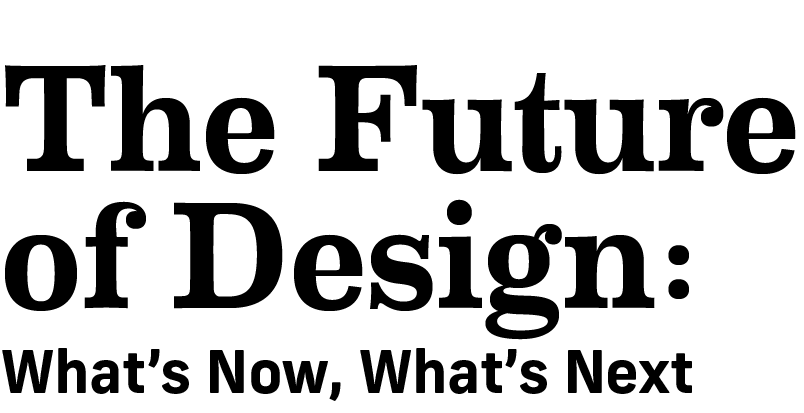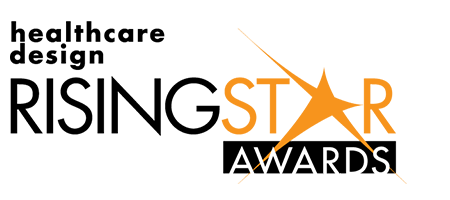In an increasingly individualistic world, group psychology finds that activating social identities to drive collaboration is a key predictor of team success, according to Jay Van Bavel, professor of psychology and neural science at New York University (NYU) and author of “The Power of Us.”
In his opening keynote presentation at the 2025 Healthcare Design Conference + Expo in Kansas City, Mo., Van Bavel shared tips for how to engage individuals to achieve collective goals. “Social identities are the part of our sense of self, defined by our membership in a group of similar people. This profoundly shapes not only how you think about yourself, but how you treat and work with others,” he said.
In a study of college students, he shared, the rate of collaboration nearly doubled when individuals activated their social identities. “People who we might think of as very selfish … if you can get them to think about themselves as part of something bigger and more inclusive, suddenly they radically change their behavior. They cooperate with the group and share twice as much,” he said.
One of the keys to activating social identities is psychological safety, which Van Bavel defined as “a belief that no one will be punished or humiliated for speaking up with ideas, questions, and concerns or for making mistakes; that the team is a safe place for risk-taking.”
Van Bavel told attendees that dissent within a team can help to drive the best ideas, with the most innovative solutions rising to the top. “That’s what teams need to be great and succeed. It also creates a virtuous cycle, where people are comfortable admitting mistakes. They learn from failure,” he said.
Just as important to team success is setting standards, which combined with psychological safety creates a “Learning Zone,” where people collaborate and learn in the service of high performance, he said.
Furthermore, he said, unlocking team performance requires a culture that emphasizes working toward bigger group goals, uses inclusive language (“we” versus “I”), rewards individuals who help the team, and values challenging ideas to drive innovation. “Our ability to communicate and cooperate with others, even strangers, is something that’s fundamental about who we are as humans. And we can trigger that, activate it, and measure it in real way,” Van Bavel says.
For more conference new and updates, go here.












